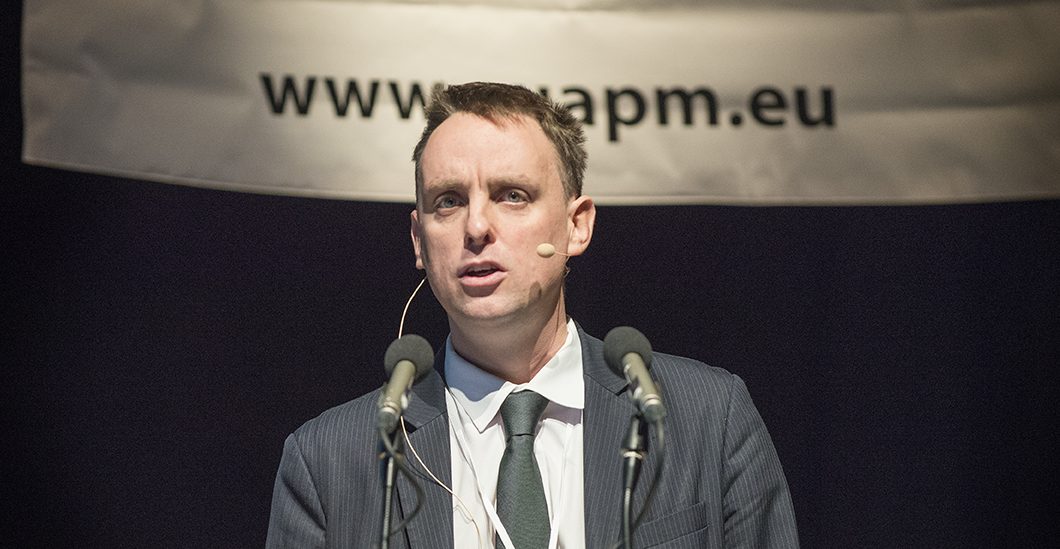Denis Horgan, Executive Director from the European Alliance of Personalised Medicine (EAPM), shared a post on LinkedIn:
“Can we align Cancer Research Priorities in Europe with Recommendations for Conquering Cancer? See our recent analysis as an outcome of our engagement in the link below.
This study provides evidence of the merits of collective effort in improving patient outcomes in cancer. Through an investigation of the attitudes, aspirations, and anxieties of patients and their families and other stakeholders in the cancer space, a more sensitive and tailored response to need and a more effective use of resources becomes possible.
However, this effort depends on a shared commitment to advancing the understanding of cancer at the level of different patients, age groups, countries, and disease states. The data from the surveys in this study show how diverse research priorities reflect a nuanced understanding country-by-country of the multifaceted nature of cancer, opening the pathway to a clearer setting of goals and strategies for improving cancer care.
The priorities of respondents with different types of breast, lung, prostate, and other cancers were compared, noting variations in the importance they attached to specific research areas.
Six pillars were identified:
a) Factors influencing cancer development and risk;
b) Cancer prevention and early detection;
c) Cancer biology and therapeutic approaches;
d) Aging and its intersections with cancer;
e) Cancer complications and survivorship;
f) Data generation and utilization in cancer research.
Accurate diagnosis and the development of effective treatments for currently untreatable or intractable cancers hinge on a comprehensive understanding of the biological processes within human cells. This is particularly crucial concerning childhood cancers, adolescent and young adult cancers, and cancers in the elderly population, given their unique biological and clinical characteristics.
A deep comprehension of cancer complexity, encompassing factors like lifestyle, environment, workplace exposures, sex/gender, and age, is essential for crafting effective preventive measures. There is an urgent need for a better understanding of the impact of cancer treatment on patients to optimize their care and enhance their quality of life.
For example, Patients with breast cancer unanimously prioritize ‘Technologies for Early Diagnosis’ (100.00% consensus) as their foremost research need. T
Breaking down barriers at both policy-making and operational levels is crucial.
Special thanks to CAN.HEAL, BEACON partners as well as the co-authors.”
Proceed to the article.
Source: Denis Horgan/LinkedIn
